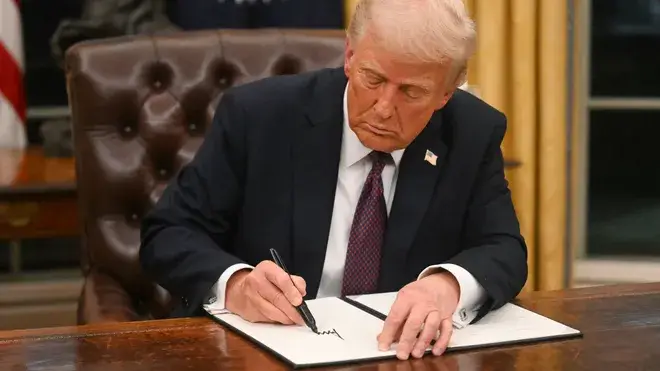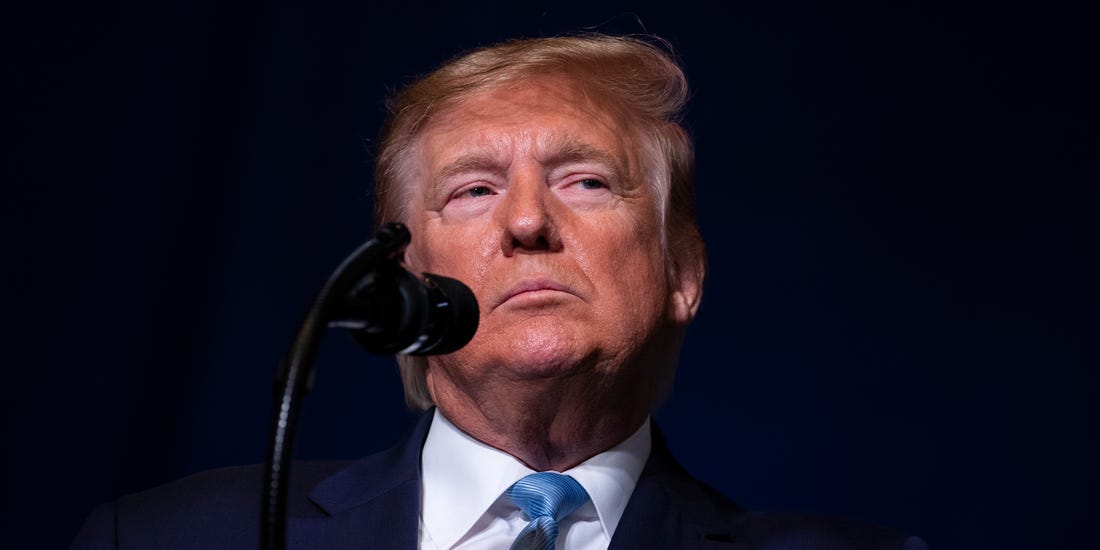
Trump’s threatened attack on Iranian cultural sites could be a war crime if carried out.
CNN – After an al-Qaeda affiliated group destroyed ancient religious monuments in Timbuktu, Mali, in 2012, the International Criminal Court took on a unique criminal case: prosecuting cultural destruction.
Though it generally focuses on human rights violations, the ICC charged the leader of the jihadist group, Ahmad al-Faqi al-Mahdi, with a war crime for destroying cultural artifacts in Timbuktu.
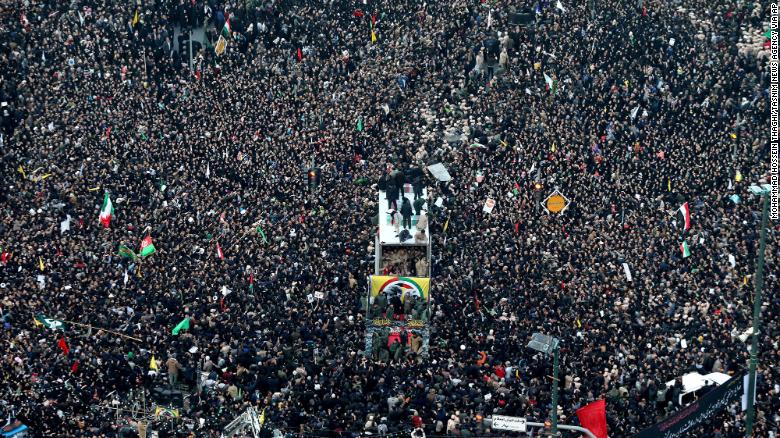
The case was the first criminal charge of its kind. It “breaks new ground for the protection of humanity’s shared cultural heritage and values,” UNESCO Secretary-General Irina Bokova said at the time. Al-Mahdi eventually pleaded guilty and was sentenced to nine years in prison.
That case has renewed relevance amid the standoff between the United States and Iran days after the United States killed Iranian military commander Qasem Soleimani in a targeted drone strike in Baghdad, Iraq, on Friday.
In a tweet Saturday night, Trump said that if Iran strikes any Americans or American assets, the United States has targeted 52 Iranian sites — a reference to the number of Americans taken hostage in the 1979 revolution — “some at a very high level & important to Iran & the Iranian culture,” he wrote.
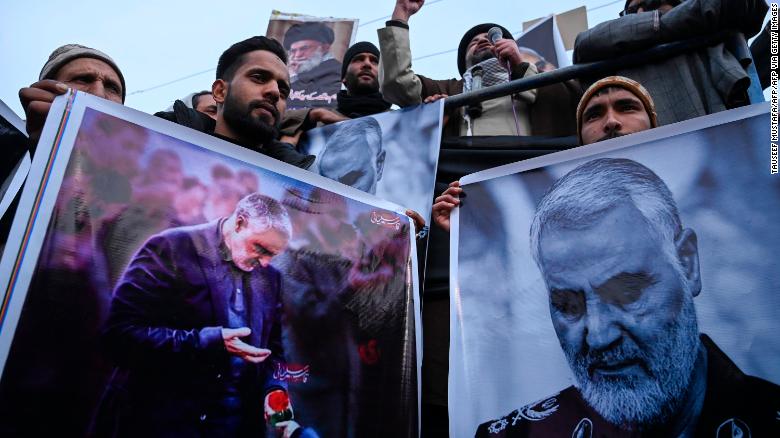
“They attacked us, & we hit back. If they attack again, which I would strongly advise them not to do, we will hit them harder than they have ever been hit before!” Trump wrote.
Sunday, he reiterated that threat in a conversation with reporters aboard Air Force One.
“They’re allowed to kill our people, they’re allowed to torture and maim our people, they’re allowed to use roadside bombs and blow up our people, and we’re not allowed to touch their cultural sites? It doesn’t work that way,” Trump said, according to a pool report.
Secretary of State Mike Pompeo, during an interview with CNN’s Jake Tapper on “State of the Union,” avoided directly answering whether or not the United States was actually targeting cultural sites and defended Trump’s tweeted threat.
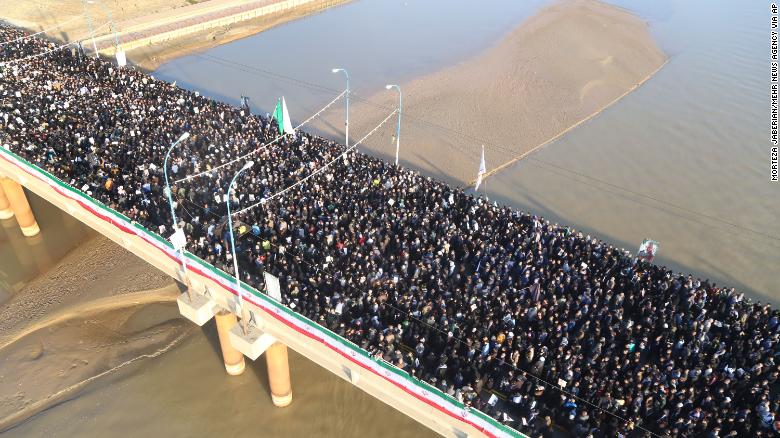
“We will be bold in protecting American interests and we’ll do so in a way that is consistent with the rule of law. We’ve always done that, Jake, and President Trump’s tweet doesn’t deviate from that one iota,” he said. “So cultural centers are theoretically fair targets, in your view?” Tapper asked. “We’re going to do the things that are right and the things that are consistent with American law,” Pompeo said. However, an attack on a cultural site would violate several international treaties and would likely be considered a war crime.
In 2017, for example, a United Nations Security Council resolution “condemns the unlawful destruction of cultural heritage, including the destruction of religious sites and artifacts.” That resolution came as a response to the Islamic State’s destruction of a number of major historic and cultural sites in Syria and Iraq in 2014 and 2015.
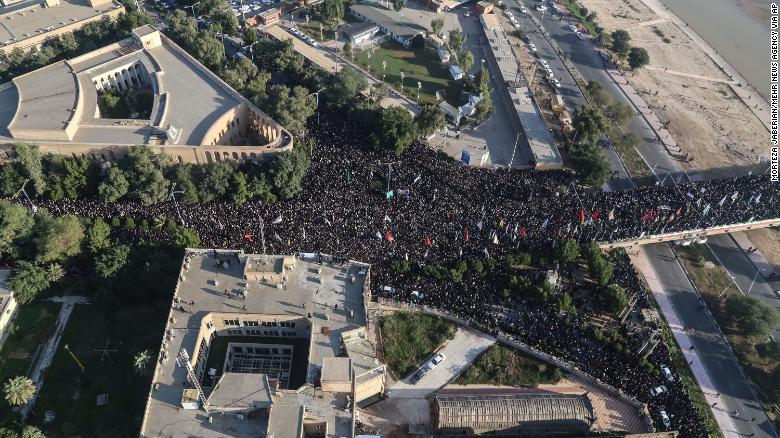
The UN was clear then that actions targeting cultural locations constituted a war crime.
“The deliberate destruction of our common cultural heritage constitutes a war crime and represents an attack on humanity as a whole,” said the spokesman for then-UN Secretary-General Ban Ki-moon in 2015.
Nicholas Burns, former undersecretary of state for political affairs and ambassador to NATO, noted the Trump administration supported the 2017 UN resolution condemning destruction of cultural sites.
“His threat is immoral and Un-American,” Burns wrote on Twitter.










